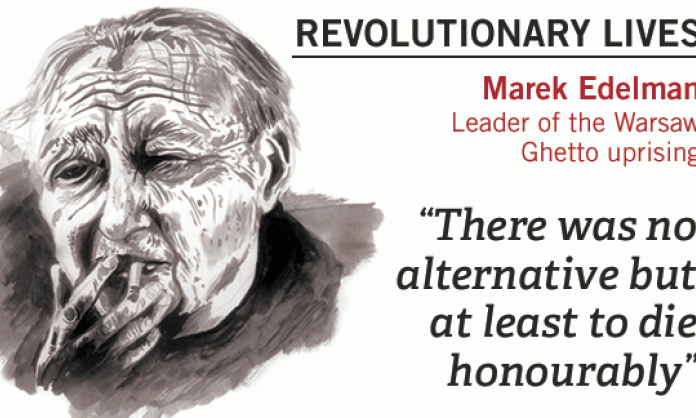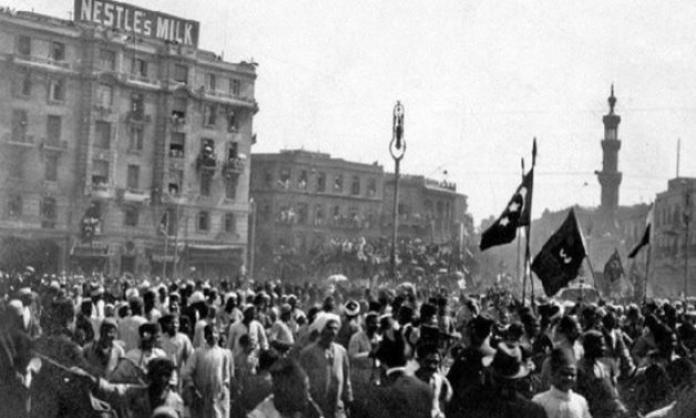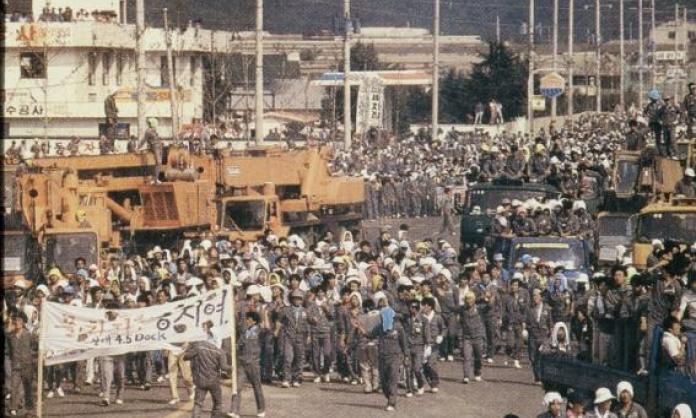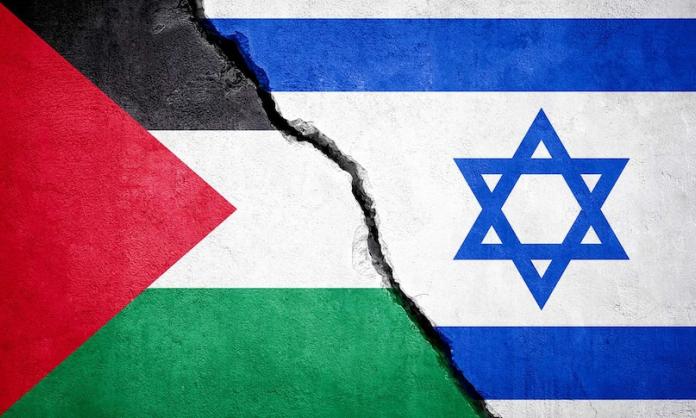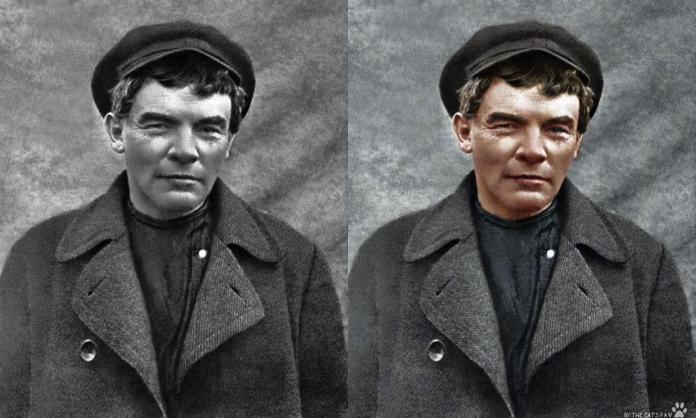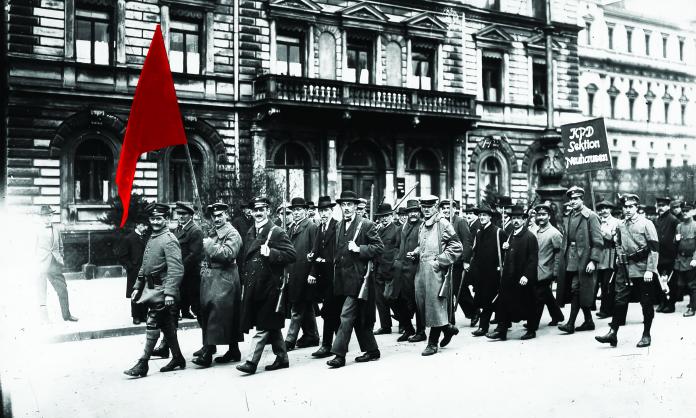When the German occupation of Warsaw began in 1939, the situation for Jews was already terrible. The establishment of the ghetto in November 1940 made it frighteningly worse. At that time, the Jewish population was between 300,000 and 400,000. By September 1942, after mass deportations and exterminations, just 60,000 remained.
Marek Edelman, a member of the socialist Bund, attempted again and again to organise resistance. The psychological barriers were daunting. The population was gripped by fear and paralysed with disbelief as reports of gas chamber atrocities filtered into the city in early 1941.
“To overcome our own terrifying apathy, to force ourselves to the smallest spark of activity, to fight against our own acceptance of the generally prevailing feeling of panic – even these small tasks required truly gigantic efforts on our part”, wrote Edelman in The Ghetto Fights, his account of the period.
As the population diminished, Edelman and his comrades argued that they should not passively be exterminated. They had to fight. The Bund, along with sections of the Socialist Party and Zionist youth from the Hashomer Hechalutz, attempted to build a viable resistance.
In 1942, the Nazis launched a mass extermination campaign. “We lost almost all our comrades. Just a few dozen of our members remained from our original group numbering more than 500 people … We could see that everything we had so carefully nursed through the long and difficult years of war was crumbling, part of the general desolation, that all our work and efforts were of no avail.”
It wasn’t until October that the Jewish Combat Organisation (ZOB) was formed and prepared armed resistance to push back the final Nazi attempt to liquidate the ghetto. Edelman described the panic and acceptance of annihilation. But heart-wrenching anguish was transformed into the inconceivable: triumph. In April 1943, 2,000 Nazi troops faced some 200 partisan guerrillas. After seven hours’ battle, “not a single live German remained in the Ghetto area”.
Humanity was asserted in the most exultant way in a period of terrible defeat. The ghetto must have been a pit of unimaginable despair, the people brutalised beyond words and treated as insects. Yet a minority reclaimed their dignity and pulled the other survivors behind them. They lashed out with the vengeance and fury of the oppressed and condemned: “German blood flooded the street … Every house remained a hostile fortress. From every storey, from every window bullets sought hated German helmets, hated German hearts.”
The Nazis later razed the ghetto, but still, from bunkers and cellars, the partisans kept fighting. They were almost totally wiped out. Only small numbers survived, escaping through the sewers. Those few, including Edelman, participated in the 1944 general Warsaw insurrection as the ZOB Group. The partisans were again isolated. The Nazis flattened the city.
Edelman survived, remaining in Poland as a heart surgeon after the war. A committed socialist, he rejected the Zionist colonial project in Palestine. In the 1970s, he participated in the Workers’ Defence Committee and then the anti-Stalinist Solidarnosc (Solidarity) movement in 1980-81.
In 2002, he wrote an open letter “To all the soldiers of Palestinian militant groups”. It was a critique of the armed strategy (“nowhere in the world can a guerrilla force bring conclusive victory … Blood will be spilled in vain”) and a call for compromise, but the tone conveyed understanding and a spirit of solidarity from one resistance leader to another. As a critic of Israel, he endured the fury of the Zionist establishment and was shunned by Israeli Holocaust historians.
Marek Edelman will be remembered for his heroic contribution to the cause of liberation: for resisting against all odds, for showing that humanity is asserted through struggle, for resisting Zionism and Stalinism, and for recognising the Palestinians as heirs of the Warsaw ghetto.




